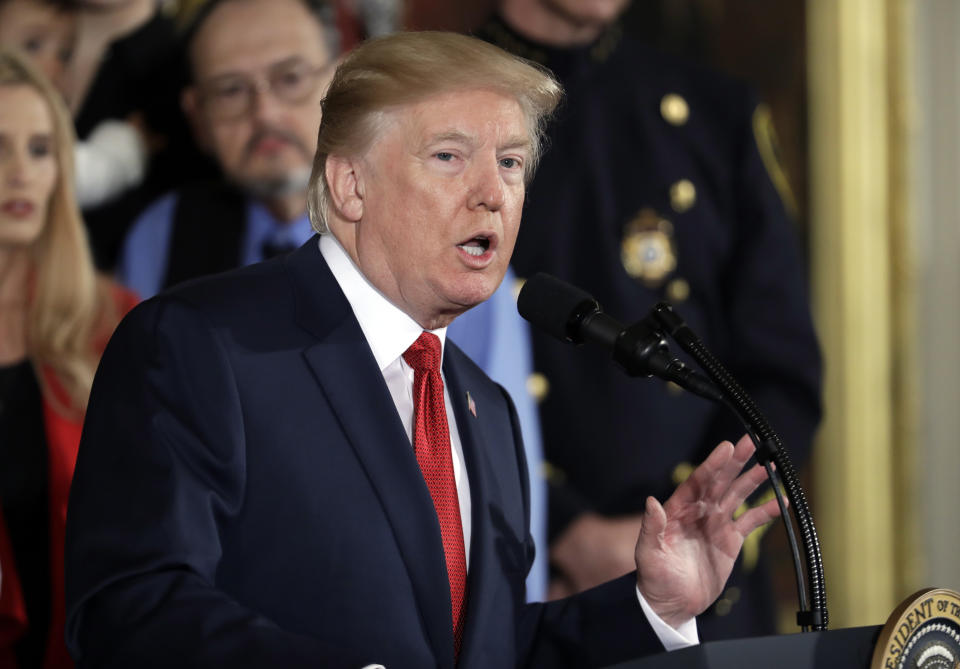GDP — What you need to know in markets on Friday
Friday will bring investors to the end of a busy week for earnings and the biggest economic news of the week.
In the morning, the U.S. government will release the first estimate of GDP growth in the third quarter of 2017.
Expectations from Wall Street economists are that growth hit an annualized rate of 2.6% during the quarter. This would be down from the 3.1% pace of growth seen in the second three months of the year but still better than the 1.6% pace we saw in 2016.
Ian Shepherdson, an economist at Pantheon Macro, said in a note on Thursday that Friday’s GDP figures should show some softening in consumption — which accounts for most of GDP growth — due to Hurricanes Harvey and Irma, but that this should be offset by faster inventory building.

Shepherdson notes, however, that like all GDP reports these numbers need to be regarded with some skepticism as the average revision from the first to last estimate for a quarter’s growth is 1.1% since 1993. The data are also subject to revision forever.
The earnings calendar is also busy, with the morning featuring results from big energy and big pharma companies.
Headline earnings expected Friday include ExxonMobil (XOM), Chevron (CVX), Phillips 66 (PSX), AbbVie (ABBV), Merck (MRK), and Shire (SHPG).
Investors will also be digesting the flood of big-time tech earnings we saw after the market close on Thursday, with Amazon (AMZN) shares shooting higher by 7.5% to $1,046 per share after earnings beat estimates.
Also higher on Thursday afternoon was Google parent-company Alphabet (GOOG, GOOGL), up almost 3% to north of $1,000 per share after results beat estimates. Microsoft (MSFT) shares were also higher by almost 4% to a new record high after results.
Other notable movers after hours were Baidu (BIDU), down 9% after giving weak guidance, and Mattel (MAT), down as much as 19% after suspending its dividend.
GDP and taxes
Back in August, we noted that strong second-quarter GDP figures weakened the Trump administration’s primary case for the need for tax reform, which is that it would kickstart economic growth.
Friday’s number is expected to show a slight slowing from the prior quarter but still an improvement from 2016. That once again makes one ask the question — what is tax reform really for?
On Thursday, the House passed a procedural hurdle on the road to tax reform and while there is clearly work to be done on a number of specifics, the likelihood that a tax package gets through at some point appears to be going up.

Now, certainly all tax payers would like to pay lower taxes. But taxes also pay for services that we as citizens enjoy — Medicare and Social Security among them — and helps provide services for those of us who are less fortunate. Initially, a lower tax rate makes both of these more challenging, even if faster growth results from the cut.
Moreover, as we highlighted earlier this year, research shows that an uptick in economic growth doesn’t follow from lower taxes the way some suggest. And in the late 1990s, tax rates were actually increasing alongside economic growth.
On Wednesday at Yahoo Finance’s All Markets Summit, Marriott (MAR) CEO Arne Sorenson said that the business community “has tended to overstate the impact of tax reduction on investment in their business.” Which is a way of saying that tax cuts will accrue to existing shareholders and do little to change the course of a company’s strategy. And without a change in corporate views on investment, economic growth is not going to accelerate.
So if tax cuts aren’t going to change corporate thinking that wholesale and economic growth is picking up independent of this policy change, one wonders what tax reform will do for the economy. Or won’t.
—
Myles Udland is a writer at Yahoo Finance. Follow him on Twitter @MylesUdland
Read more from Myles here:


